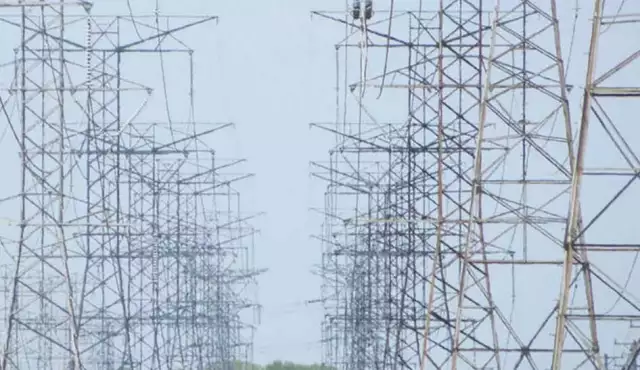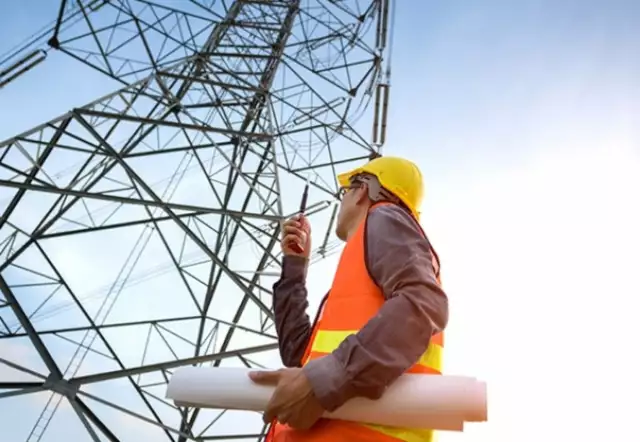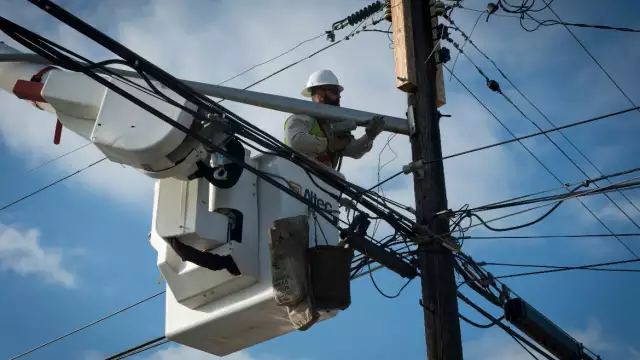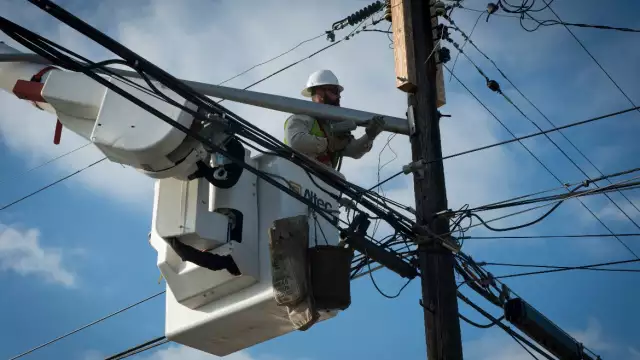First Midwest Grid RFP Set for September in Record $10.8B Expansion
First Midwest Grid RFP Set for September in Record $10.8B Expansion
July 27, 2022 Mary B. Powers KEYWORDS FERC / Grid Modernization / Power Construction / transmission Order Reprints No Comments
The Midwest's large power grid operator iplans to release on Sept. 23 the first request for proposals for one of 18 large transmission projects under a just approved $10.3-billion expansion program.
The Midcontinent Independent System Operator, or MISO, board approved the program July 25, with the first projects to be operate by 2028 and the rest by 2030. MISO will make the RFP schedule public on Aug. 24.
Projects will be built in existing transmission corridors to reduce construction costs and shorten implementation time, says the grid operator, which operates in all or part of 15 states and Canada province Manitoba.
Clean energy goals set by MISO member utilities and state and local governments require “transformational changes at a faster pace than expected” to the grid, the operator said.
The 18 additions are critical projects needed to integrate new generation resource and to increase extreme weather resilience. MISO also expects to retire 39 GW of coal generation and add 19 GW of wind energy and 37 GW of solar generation to its grid by 2039.
The first group of projects, Tranche 1, will be built in MISO’s upper midwest subregion with three more groups of transmission projects to be announced elsewhere in the next several years. “While Tranche 1 represents an important start, further work is needed to ensure reliability, said Aubrey Johnson, MISO vice president of system planning.
However, the Industrial Energy Users of America and a coalition of MISO transmission customers filed a complaint to the Federal Energy Regulatory Commission just days before MISO approved the projects, claiming it planned to assign construction of at least $5.5 billion of projects to incumbent utilities.
The groups asked FERC to require new projects be open for competition by merchant developers, which they claimed would save consumers as much as $1 billion. They noted that FERC, in its 2015 Order No. 1000, specifically held that reasonable power rate determination requires that developers other than incumbent utilities are allowed to build transmission lines.
State laws requiring utilities to have “the right of first refusal” preserve monopoly power of incumbent transmission developers and deprive others from competing at possibly lower costs, the consumers said.
But FERC, on July 26 sided with MISO, saying that if 80% or more of the total cost of the projects are upgrades, these will not be subject to competition and will be assigned to the incumbent transmission owner.
FERC Chairman Richard Glick and three others agency members concurred, saying that requiring competition where only a small portion of a project is new could introduce “delays that may stymie the rapid construction of transmission projects.”
The right of first refusal is a longstanding issue, Paul Patterson, a Glenrock Associates market analyst, told ENR.
Transmission is not easy to build because of complexity and red tape, he says, and some think utilities don’t run into as much trouble with the bureaucratic regulatory process. “And the truth is, merchant transmission has not taken off,” says Patterson.








